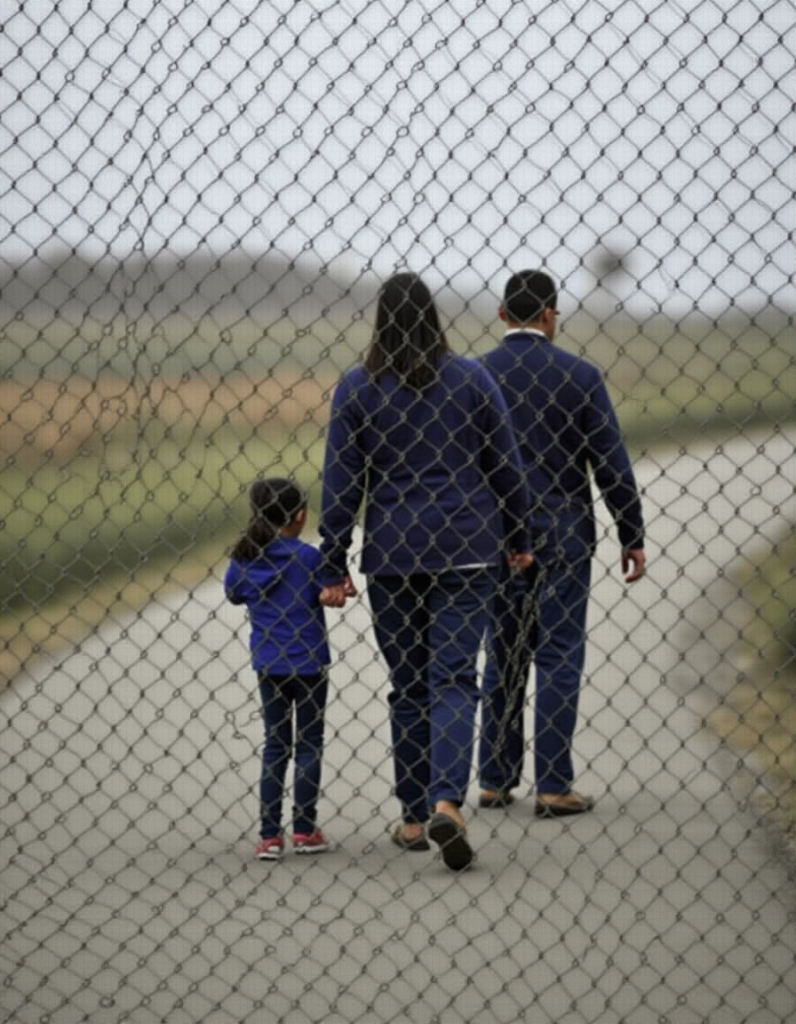
USA: Termination of CHNV Parole Program Puts Over 500,000 Immigrants at Risk
Introduction
The termination of CHNV Parole in the USA has taken effect as of March 25, 2025—marking a critical turning point in the country’s immigration policy. This decision affects more than half a million immigrants from Cuba, Haiti, Nicaragua, and Venezuela who had previously entered the U.S. on humanitarian grounds. What began as a pathway to safety has now become a legal cliff edge.
Key Takeaways
-
The CHNV Parole program officially ended on March 25, 2025.
-
Over 530,000 immigrants from Cuba, Haiti, Nicaragua, and Venezuela are impacted.
-
Participants must leave the U.S. by April 24 or find legal alternatives.
-
The Trump administration cites fraud and security concerns for the termination.
-
Advocates warn of humanitarian fallout and legal uncertainty.
-
Legal challenges to reverse the decision are expected.
-
The move signals a broader hardening of U.S. immigration policy.
The Core Issue
The U.S. Department of Homeland Security has officially ended the CHNV Parole program, which provided temporary humanitarian entry to citizens from Cuba, Haiti, Nicaragua, and Venezuela. Introduced in 2022, the program was a cornerstone of Biden-era immigration relief efforts. Now, under the Trump administration, this avenue has been firmly closed.
Context and Background
The CHNV program was launched in response to political turmoil, economic collapse, and systemic repression in several Latin American and Caribbean countries. It allowed individuals to enter the U.S. legally, without crossing the border irregularly, and wait for their immigration cases or pursue legal pathways.
With a change in administration, immigration strategy has shifted dramatically. The Trump White House has framed this reversal as part of a broader crackdown on what it labels “mass parole abuse.”
Impacts and Consequences
The numbers are staggering: over 530,000 people are now left in limbo. These individuals must leave the U.S. by April 24, 2025, or risk becoming undocumented.
For many, returning home is not an option—they fled regimes that jail dissidents, suppress basic freedoms, or collapse under corruption and poverty. Without legal options like asylum or adjustment of status, they now face a dangerous uncertainty.
Critics argue this move disregards both humanitarian obligations and the reality of displacement.
Reactions and Commentary
Legal advocates and human rights organizations have decried the termination, calling it a cruel reversal that abandons vulnerable populations.
In contrast, Trump-aligned policymakers describe the action as necessary to restore border control and prevent “backdoor amnesty.” The administration claims there were signs of document fraud and national security risks.
The policy has sparked outrage among diaspora communities, immigration attorneys, and even some moderate lawmakers.
What Comes Next
A wave of legal challenges is already underway. Civil rights groups are preparing lawsuits questioning the legality and constitutionality of the program’s abrupt termination.
Meanwhile, immigration experts urge affected individuals to seek legal advice immediately and explore any remaining pathways—such as asylum applications, family reunification, or status adjustments.
The window is tight. The uncertainty is vast.
Opinion
In my view, terminating CHNV Parole isn’t just an immigration policy shift—it’s a moral rupture. It turns promises into threats, legal paths into dead ends, and real people into legal burdens. While any country must protect its borders, this decision reflects a dangerous detachment from the human cost of policy.
Immigration enforcement must never outpace compassion, or we risk losing the soul of what borders are meant to protect.
Conclusion
The end of CHNV Parole sends a chilling signal: even legal, humanitarian entry isn’t guaranteed safe ground anymore. As thousands scramble for answers and legal recourse, the U.S. finds itself once again at a crossroads—between upholding its legacy as a refuge and succumbing to fear-driven policymaking.
